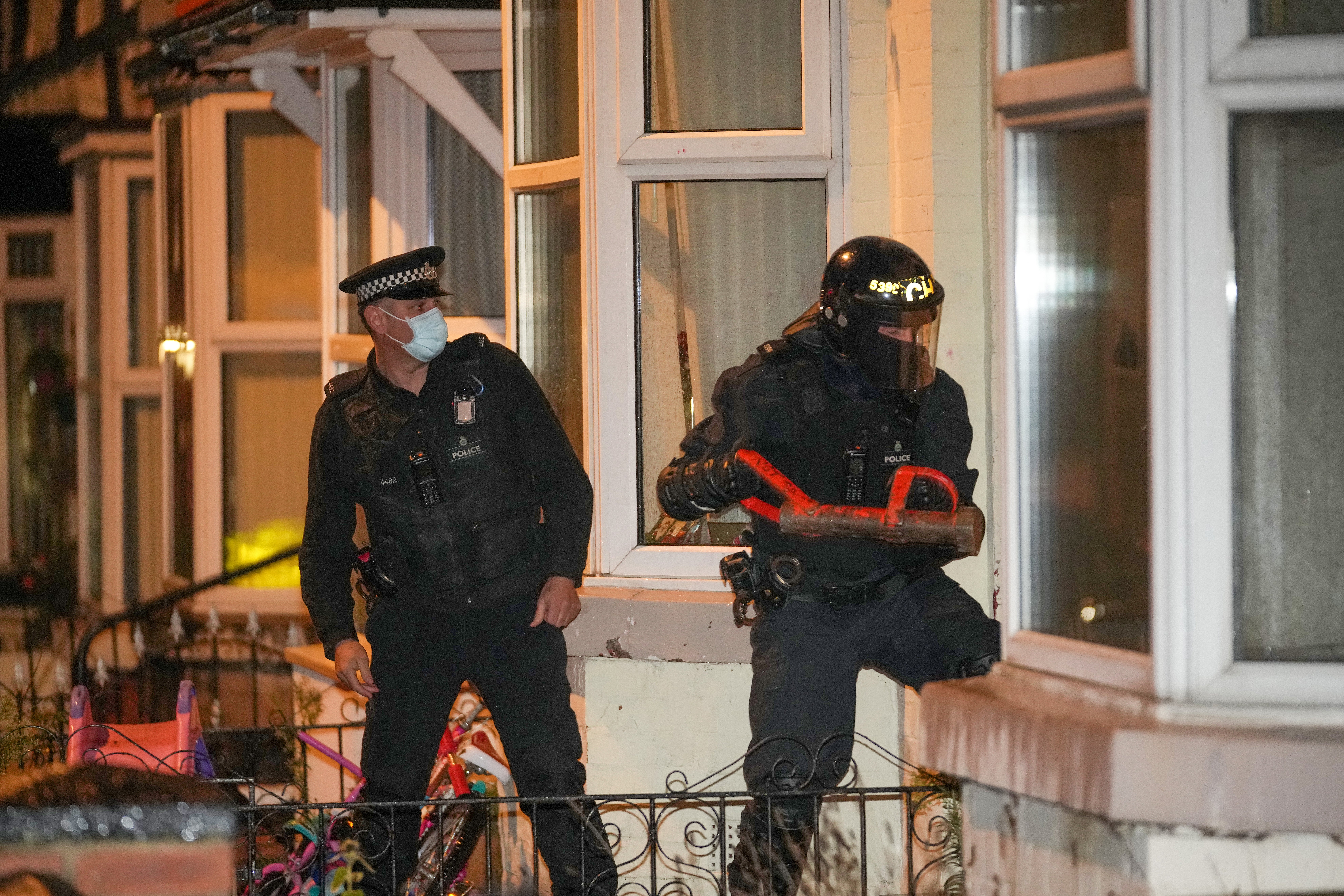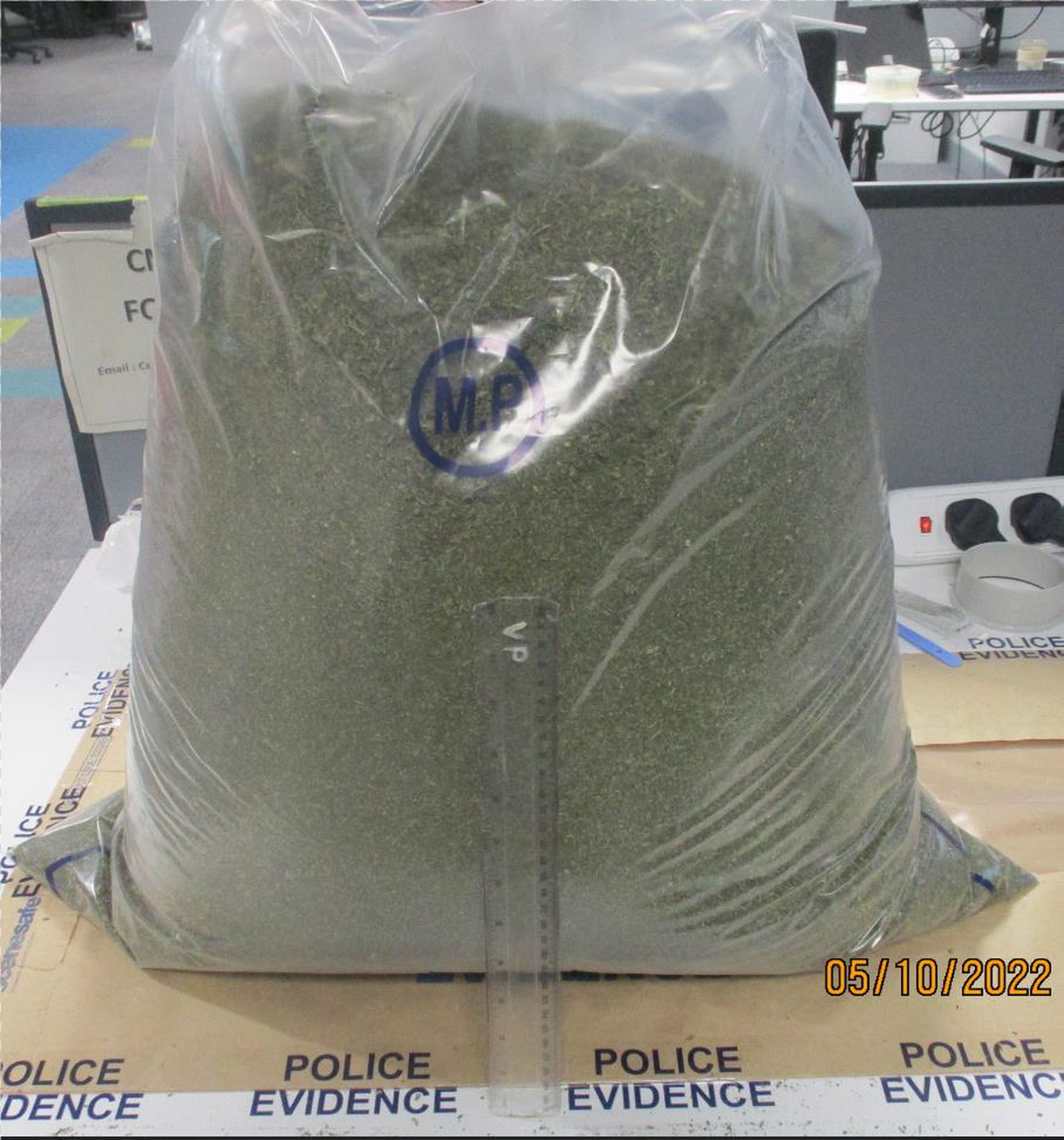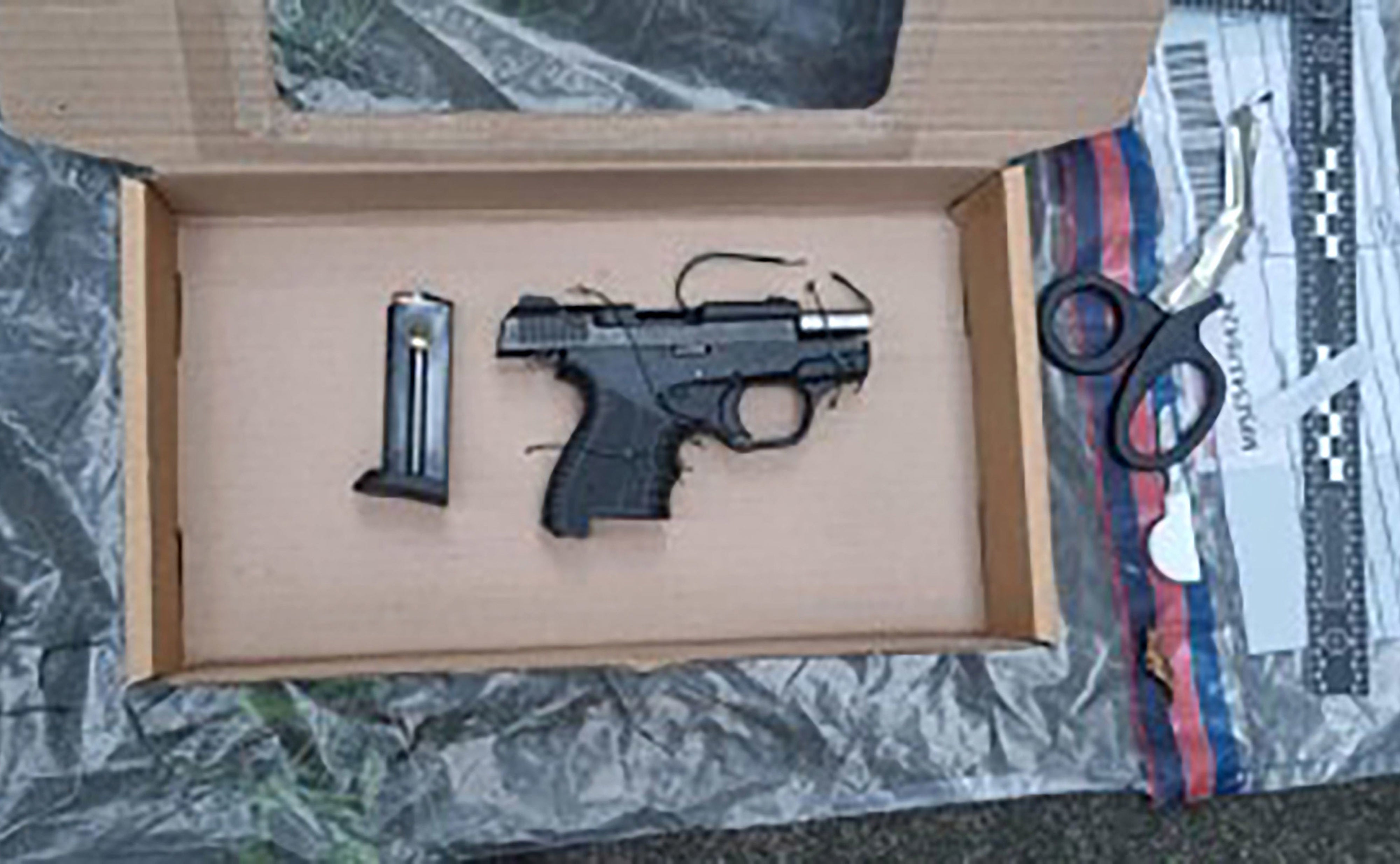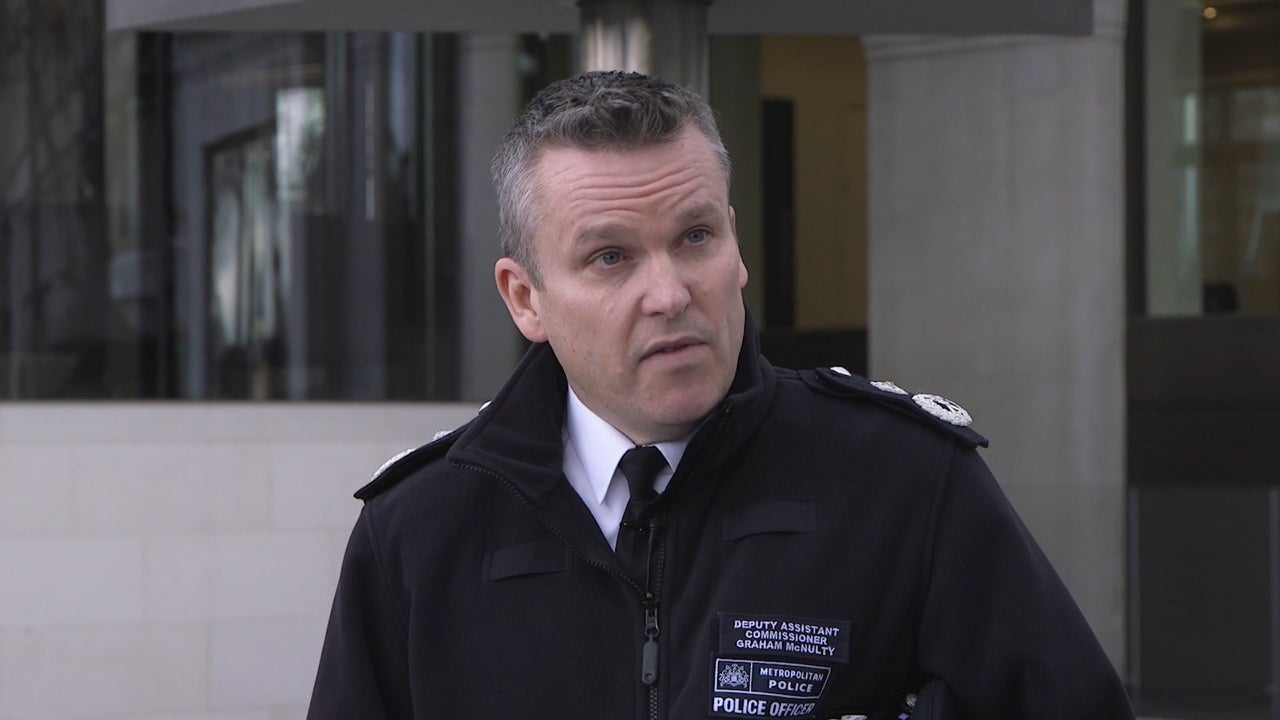Police using hotel and taxi companies to rescue children groomed by drugs gangs
Officers have been able to trace drugs gangs through missing childen cases

Police are using taxi and hotel companies to help intercept children groomed by drugs gangs, a senior police officer has said.
Forces work with the firms training them in identifying vulnerable young people who may be travelling alone to sell drugs, deputy assistant commissioner and National Police Chief’s Council county lines lead Graham McNulty told The Independent.
He added that drug gangs are moving away from grooming children as young as 10-years-old following crackdowns by transport police and train guards.
“Drug dealers do not want to draw attention to their deals,” Mr McNulty said.
“British Transport Police has done a good job at training guards on trains. We’ve done a lot of work with taxi firms, work with hotels - I think if you start using children that age you’ll be spotted quite quickly which is why I think we’re seeing a move to slightly older children.”
More than 230 suspects have been arrested and £4 million worth of drugs seized as part of Scotland Yard’s “county lines intensification week.”
County lines - the term used to describe the use of mobile phones to supply drugs from large cities to towns and rural areas - is a system of “line holders” who are in charge and “runners” who are used to deliver them.
Mr McNulty said vulnerable young people were victims to the “volatile” county lines drugs market where dealers fight for territory, enforce debts on young people and rob other gangs.

As a result of the violence, he added, innocent people are also getting caught in the crosshairs and falling victim to violence involving guns and knives.
“The violence is predominantly between different factions fighting over territory and using extreme violence to ensure they win and take over the drug market locally,” Mr McNulty said.
“The thing about criminals is they will do what they need to meet their end,” Mr McNulty said. “Occasionally people are caught up in fights or disputes. The norm is fights within those gangs and the drug gangs issuing out violence but things can spill out on occasion.”
The so-called intensification week saw more county lines shut down than ever before, with more than 1,300 arrests, over £2.7 million worth of class A and class B drugs seized, and 172 lines “now dead”.
The number of “live lines” in operation since 2018 has more than halved, from 2,000 to around 600 or 700, according to police data.
More than 300 weapons were also seized in the operation between 3 and 9 October. Of these weapons, 43 were firearms and 228 were knives.

Task forces had been set up in London, Birmingham and Liverpool, the three areas which represent around 80 per cent of county lines activity, and a more recent force was also established in Manchester to tackle the issue.
The victims of the county lines networks, according to Mr McNulty, are people “perhaps sometimes in the margins of society (or) sometimes people who get forgotten about”, such as chronic drug users whose homes are then “taken over” by dealers.
Mr McNulty said officers are seeing that dealers are now using older children to avoid young age groups who may “stand out” more when travelling alone on the train. He added that gangs are also using more local children in the areas they deal drugs in - again to avoid detection of young people travelling between cities.
Mr McNulty also highlighted the link between missing people and county lines involving stating that a proportion of children are traced to drugs gangs.

“Sometimes we have seen a connection between missing children and drugs gangs,” he said.
“That’s how we can find the gangs and our way into their network because a child is reported as missing, we’ll do an investigation and sometimes it is linked to county lines.
Mr McNulty continued: “Whilst shutting down active lines and catching the criminals behind the lines will continue to be a priority for policing, we are also continuing with our prevention and safeguarding elements, which are equally as important.
“We have seen that 1255 vulnerable adults and children have been safeguarded from these violent county lines criminals. They have been engaged with by police officers working closely with relevant services, agencies and charities, and referred to the most relevant partner agency for them so they can now look at a brighter future away from crime and violence.”
When asked about the possible external factors leading to the proliferation of county lines, the senior officer said: “As to the causes of the violence and the other issues that sit behind it, that's very complex and I'm not a social scientist, who can probably say one or the other.
“But what I know is we will absolutely do everything we can to take out those violent drug dealers, and at the same time, help and support those individuals who are vulnerable and being caught up in it.”



Bookmark popover
Removed from bookmarks